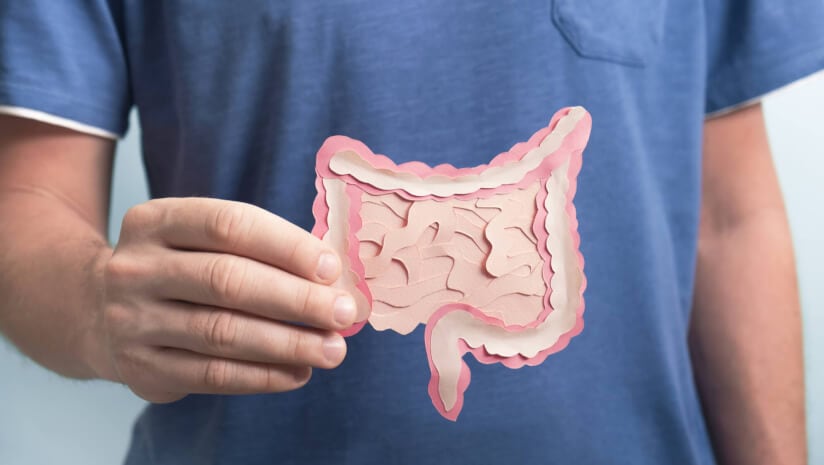The probiotics studied in the four weeks long trial was a product by CKD Healthcare.
Known as Lacto-5X, the product contains five probiotic strains. They are L. plantarum UALp-05, L. acidophilus DDS-1, B. animalis ssp. lactis UABla-12, B. bifidum Bb-06 and S. thermophilus CKDB027.
With the exception of S. thermophilus CKDB027 which is owned by CKD Healthcare itself, the other four strains were supplied by probiotic ingredient suppliers Chr. Hansen and Danisco.
Writing in the journal Food Microbiology and Biotechnology, the researchers from CKD Healthcare and Seoul National University said that the five strains have shown improvements in bowel movements as early as the fourth week of the trial.
A total of 90 individuals aged 19 to 69 experiencing constipation based on their Bristol Stool Score (BSS) took part in the trial.
They were randomised into the intervention or the placebo group, taking either a Lacto-5X capsule containing 2bn CFU of probiotics per day or a capsule containing maltodextrin.
Changes in their bowel movement and gut microbiome were measured via self-reported questionnaires such as BSS and faecal sample analysis.
The researchers also continued to follow up on the participants four weeks after the intervention was over.
By the end of the study, stool frequency and consistency have improved significantly in the intervention group as compared to the placebo group, based on results from BSS.
However, these improvements began to wane and did not sustain until the end of the four weeks follow-up period.
Similarly, the intervention group experienced significant improvements in gastrointestinal symptoms such as abdominal pain by the end of the study, but not until the end of the follow-up period.
However, symptoms such as straining during defecation and bloating continued to see significant improvements in the intervention group by the end of the follow-up period.
On the other hand, no significant differences were observed in the abdominal discomfort, gas, incomplete evacuation, and urgency between the two groups throughout the study.
Nevertheless, the researchers suggested that continuous intake would be required for long-term benefits.
“This suggests that the beneficial effects of Lacto-5X on bowel habits and gastrointestinal symptoms may require continuous intake to be maintained.
“The transient nature of these improvements highlights the potential need for ongoing probiotic supplementation to achieve long-term benefits,” they said.
Higher abundance of L. plantarum observed
Microbiome analysis showed a significantly higher abundance of L. plantarum in the probiotic group as compared to the placebo group by the end of the four-week intervention.
“In particular, L. plantarum showed significant differential abundance between the Probiotic group and Placebo group, with notably higher levels at the 4-week endpoint in the Probiotic group compared to the 0-week baseline," said the researchers.
This is noteworthy finding as the strain has been reported to be effective in addressing conditions such as dyslipidemia, diarrhoea, constipation, and inflammatory bowel disease, the researchers highlighted, citing a study published in 2022.
For future studies, the researchers have recommended a longer intervention period, as well as for participants to undergo a controlled diet to more accurately observe the effects of probiotic supplementation.
Source: Food Microbiology and Biotechnology
Impact of Probiotic Formula (Lacto-5X) on Constipation: Improvements in Gastrointestinal Symptoms, Gut Microbiome, and Metabolites.
https://doi.org/10.4014/jmb.2412.12056
Authors: Jin Y, Park YJ, Choi J, Kim M, Min U, Lim J, Kang J, Lee DY, Kim B.





